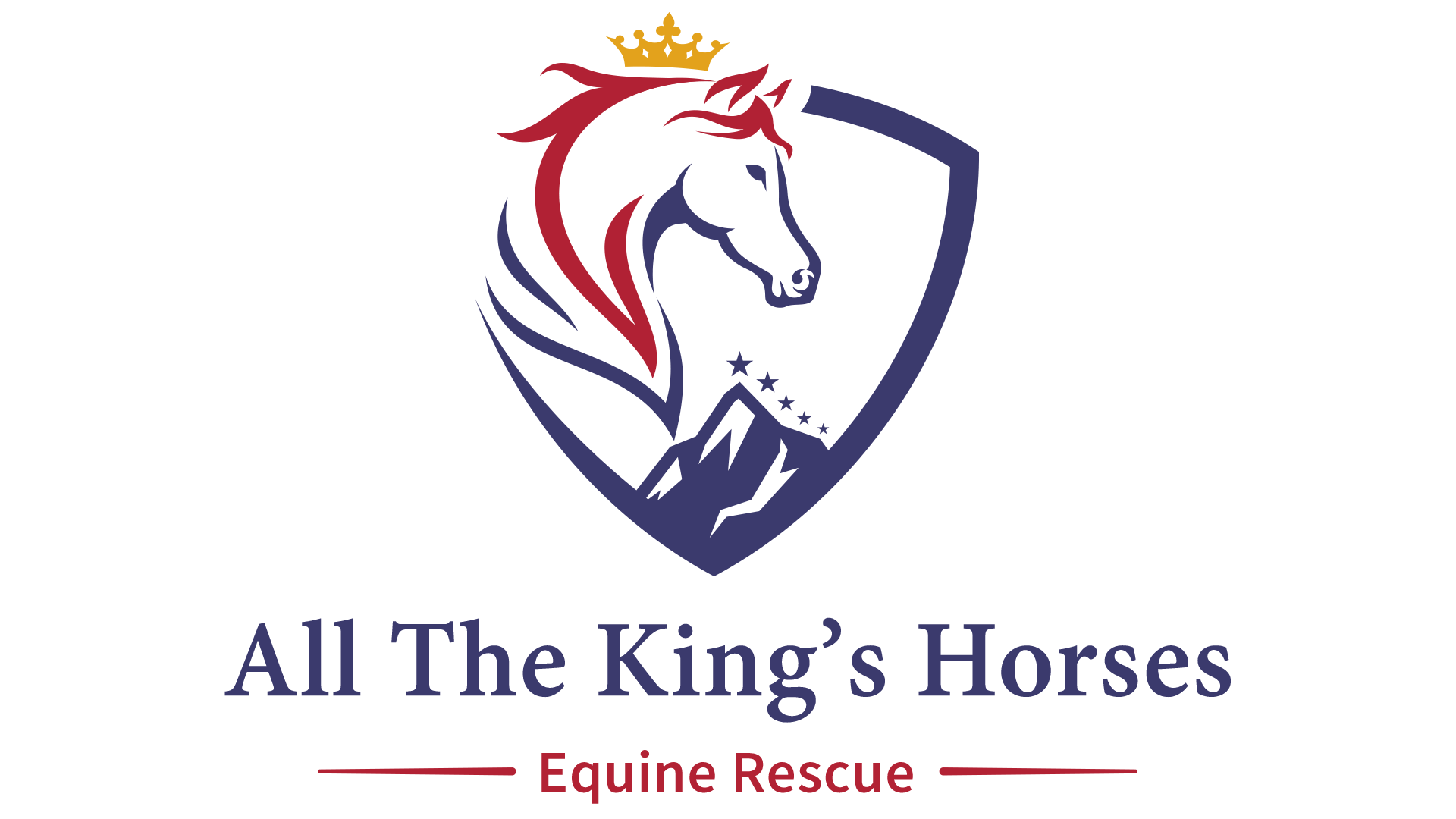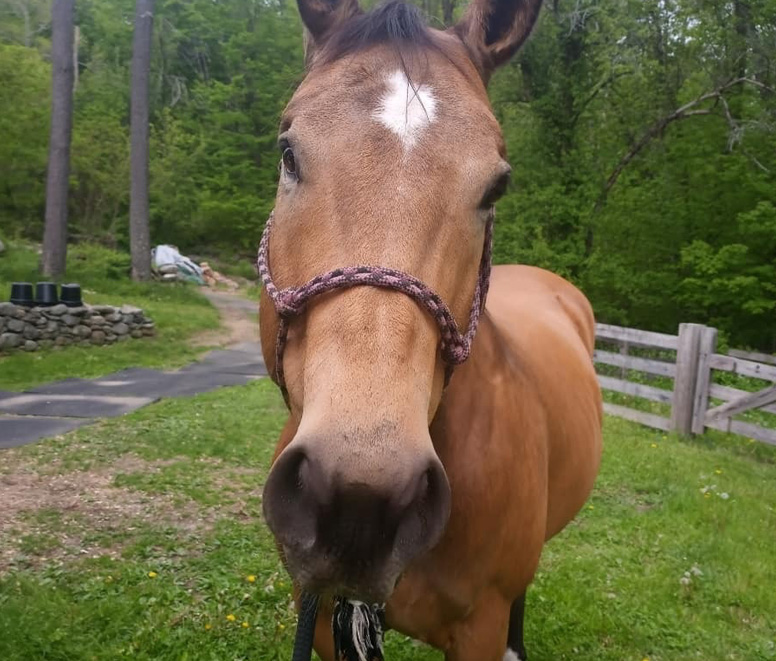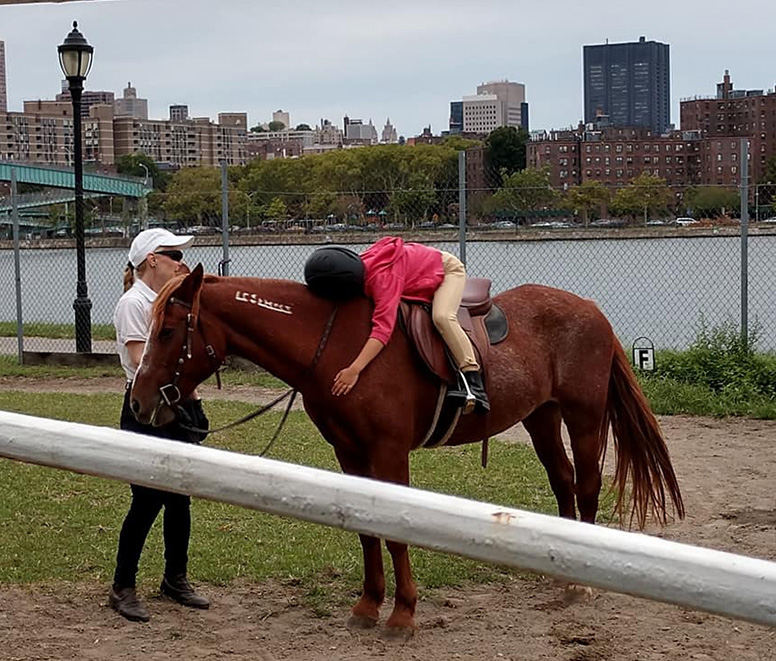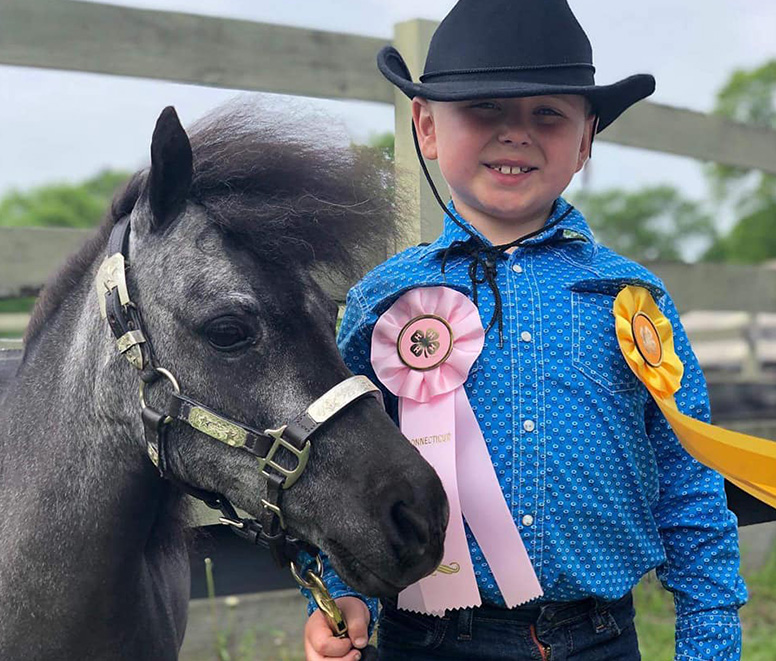Our Mission
Since 2010 we have saved over 100 equines. We remain in contact with all of our adopters of our horses to ensure all equines that have passed through our rescue remain safe. We believe saving is the easy part and ensuring a “happily ever after” is true rescue. We provide all our horses with a safety net and will take back ANY horse adopted through our organization that may require an alternative placement.
Partnership
We have a partnership with the United States Forest Services, Alturas, CA office. This is a unique partnership which we celebrate. The USFS allows us to rescue wild horses who are rounded up with pre-existing injuries. In the past or with other government agencies these horses would usually be euthanized.




